💡𝚂𝗆𝖺𝗋𝗍𝗆𝖺𝗇 𝙰𝗉𝗉𝗌📱
- 370 Posts
- 611 Comments
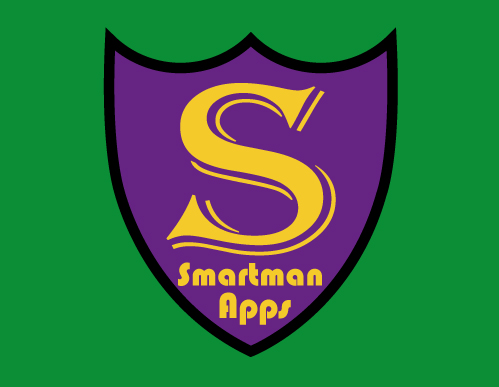
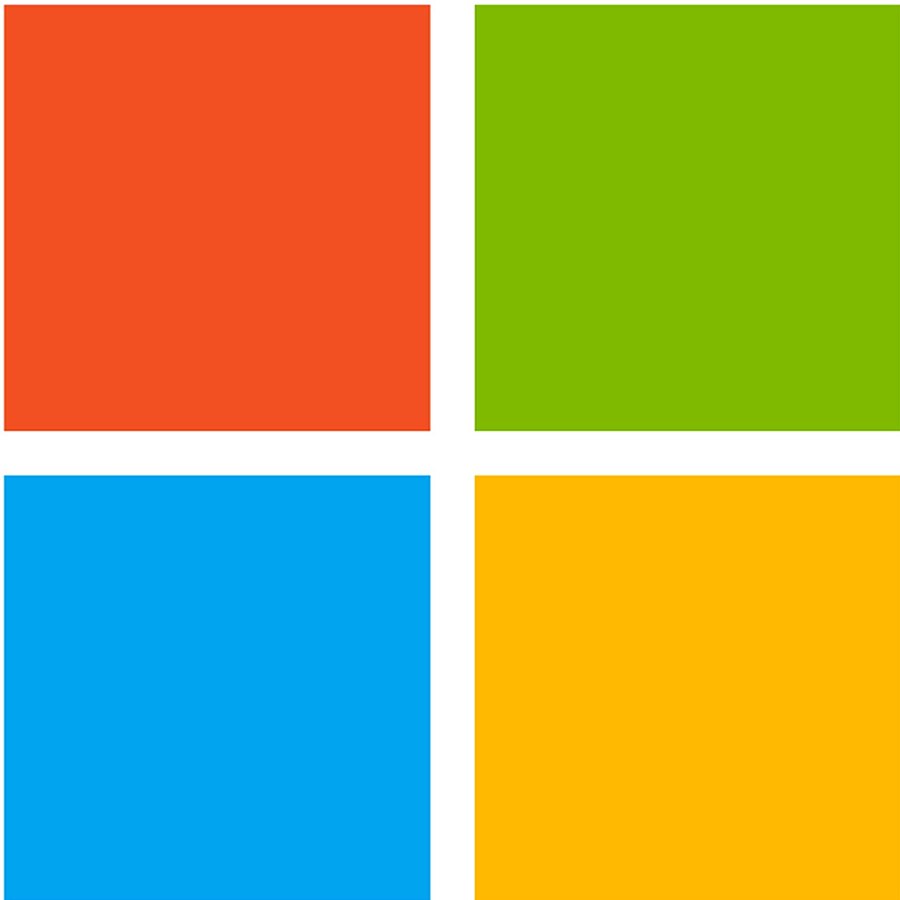 12·3 days ago
12·3 days agoOf course I read it. Why would you think I didn’t? There was more info there than your “2 sentences”.

 12·3 days ago
12·3 days agoI looked again, since the text I could see there was different to what I saw on the site, and that is actually at the BOTTOM of the page - there’s a whole bunch of the article above that - so for some reason your phone(?) is taking you to the bottom of the page (I’m on desktop and it opens up at the top of the page).

 11·3 days ago
11·3 days agoPaywall? I had no trouble getting it to display.

 1·8 days ago
1·8 days agoIssue is now closed - “The fix is included in 9.0 GA. This did not make it in time for RC2”

 3·13 days ago
3·13 days agoJust to be clear, it’s not MY book, but the book of whoever’s blog that is (Michael someone) - that’s the title of the blog post “My book…”.

 1·15 days ago
1·15 days agoAh ok. I saw there was issues with federation and communities getting blocked, didn’t think either of those would be it. Thanks for letting me know!

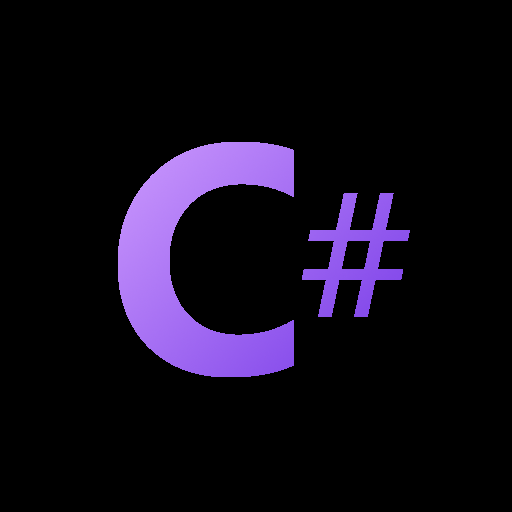 1·30 days ago
1·30 days agoYes, provided you meet the criteria, so I’m guessing maybe he doesn’t… or maybe he just wants to make the point that MS are earning income from this and yet not providing any more support than a free product is providing.

 2·1 month ago
2·1 month agoHe’s referring to Visual Studio.

 1·1 month ago
1·1 month agoYes, that’s his point. That if you’ve released your app close to the end of the period, then you’re forced to upgrade your app right away, even just to keep getting security patches, on top of any bugs you might already be trying to get on top of with your newly released app. Other systems have a longer support period and you wouldn’t be faced with that.

 31·1 month ago
31·1 month agoSorry. Hadn’t occurred to me you may not be able to see it (usually it’s me who can’t see things others post! 😂 ).
In a nutshell it boils down to the release schedule for .NET/C# - which people are paying to use - is too quick with too short support periods. He compares to another language, which is free (from memory I think it was Rust? I’d have to watch it again to see) which has the same short support periods, but is FREE. i.e. what are we paying for if we’re not getting support for any longer than something which has the same support period for free? He’s saying since MS is charging people for this, the support periods need to be longer, specifically security patches. e.g. if someone releases an app near the end of a period, then has only say 6 months before they have to upgrade it already, just to keep getting security patches. People don’t have the option to stay on their stable release for a decent amount of time, even though they’re paying for it. He just wants them to slow down the speed and increase the periods (we all know MS is all about pushing out new features over fixing bugs).
the .NET environment is vast and can be confusing, especially when new to it.
Yeah it was prompted by someone on Mastodon asking about it, and Rocky saw it. I saw the reply too, and thought it was still a little vague, then a few days later this blog post turns up :-)
BTW if anyone wants to follow him he’s Rocky Lhotka. He’s on Pixelfed too (and Bluesky), but not as much work stuff on his Pixelfed account.
I think omitting .net core is not the best decision.
Yeah that confused me a bit too, then I found he talked about it underneath the table

 2·3 months ago
2·3 months agoMy high school taught Java, but I didn’t get OOP
Yes, the correct sequence of events - one thing at a time, basic programming, then OOP. :-)
Python is not that.
It’s not a lot of things, which makes it poor for a teaching language.

 1·3 months ago
1·3 months agoP.S.
not just to the point of ignoring, but actively down-voting
I’ve been downvoted when I’ve made actual factual statements (which should be upvoted!) - people do like to express their displeasure 😂

 1·3 months ago
1·3 months agoI guess this community doesn’t want this kind of content, even if it’s the official dev blog

 2·3 months ago
2·3 months agoLots of us
Also, who do you mean by “us”? Programmers? Not all the kids in class want to be programmers, and this isn’t a programming class - it’s Computer Science. We cover topics like hardware, the Internet, Cybersecurity, the history of computers, data analytics, etc. Not only do not all of them want to be programmers, not even all of them want to be in I.T. - they’re just, you know, interested in computers (or in some cases they’re in the course because their parents think they should be in it - I’ve had a couple of those students). We only spend 6 weeks on programming (we spend 6 weeks on each topic), or sometimes we might do it twice and spend 12 weeks on it, and that’s it for the year! You can’t teach Year 7 kids algorithms, pseudo code, basic programming concepts (variables, branches, and loops) and OOP as well in one year. Especially when not even all of them are interested in programming. It’s just one topic we cover. OOP is something that shouldn’t be covered until at least Year 8, preferably Year 9 (by which stage students have decided if they want to continue on this path or not, and the ones we still have left we start getting more hard-core… which is where the “us” I presume you’re referring to come in).

 3·3 months ago
3·3 months agohave the experience of being the kid in that situation
Which kid? The gifted one, the one who didn’t understand loops and used 20 variables for 20 iterations, the one who didn’t understand how to write pseudo code, the one who was dyslexic,…?
I learnt python in secondary school
Which Year? I didn’t say it wasn’t appropriate for high school, I said it wasn’t appropriate for Year 7 as a first programming language.

 1·3 months ago
1·3 months agoOh, I should clarify that. Teaching Python was decided for us by admins. The course material MAY have been designed by a teacher, but then also it may have been designed for Year 9 say. It’s inappropriate to be teaching it to Year 7 as a first proper programming language, but that’s what we had to do (otherwise then we would also have to make all our own resources to do it, and don’t forget at this point that I didn’t know how to program in Python myself yet! So yes, I had to use the already made resources, which had OOP in it).

 1·3 months ago
1·3 months agoYes, that’s exactly what I’m saying. The decision was made for us by school admins, NOT CS teachers. That’s why it was the stupid reason I had to learn Python.


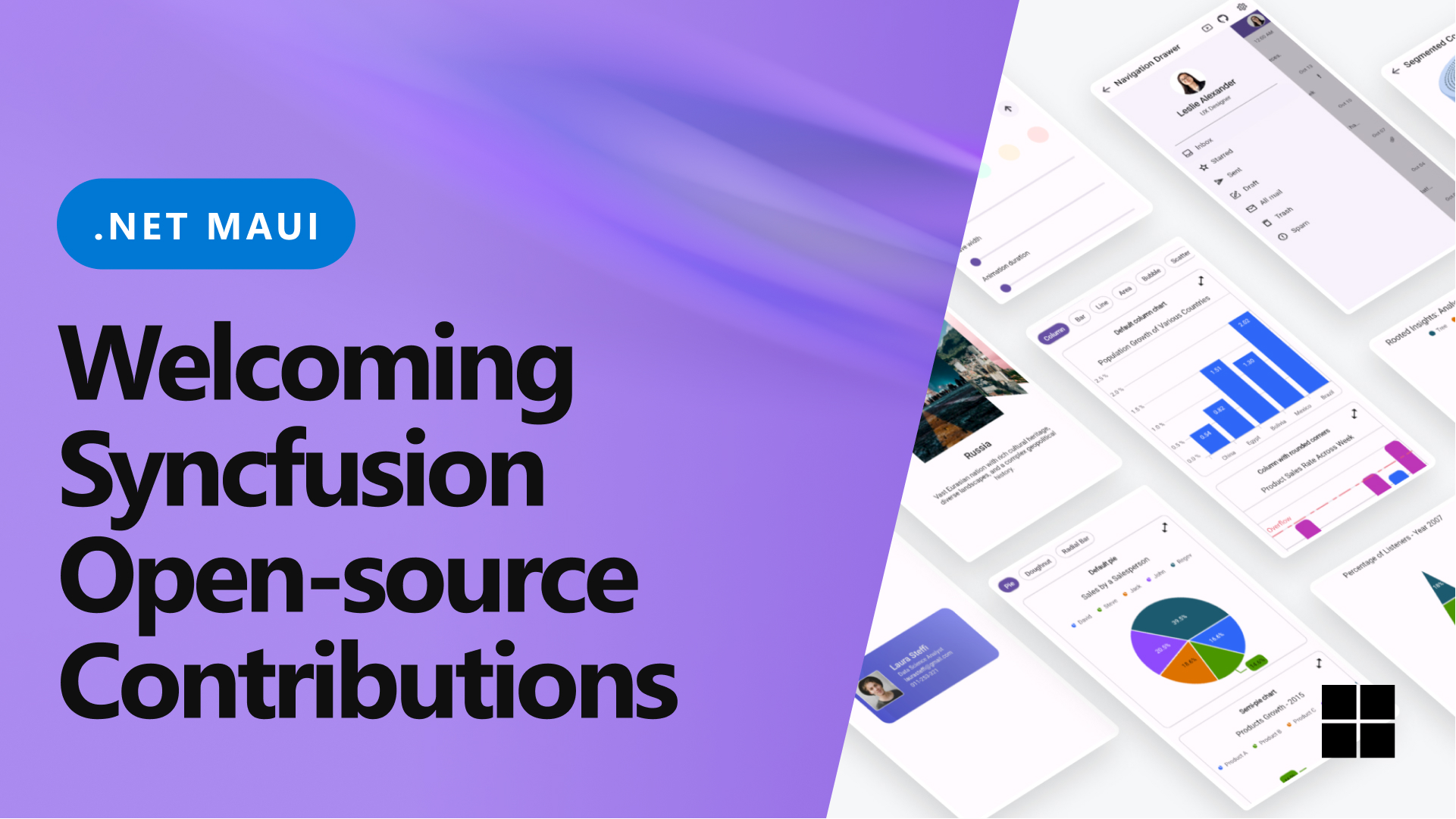
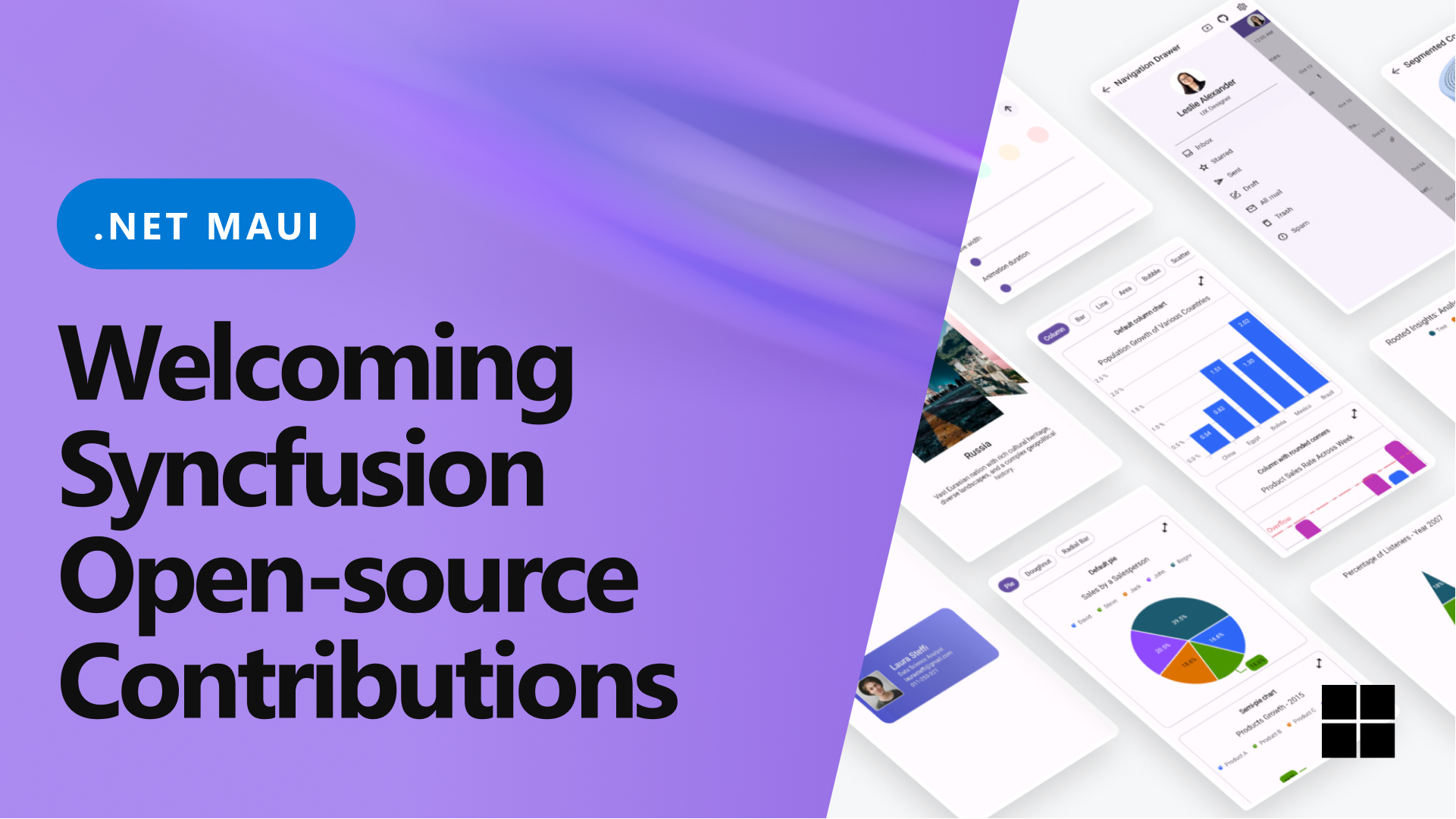
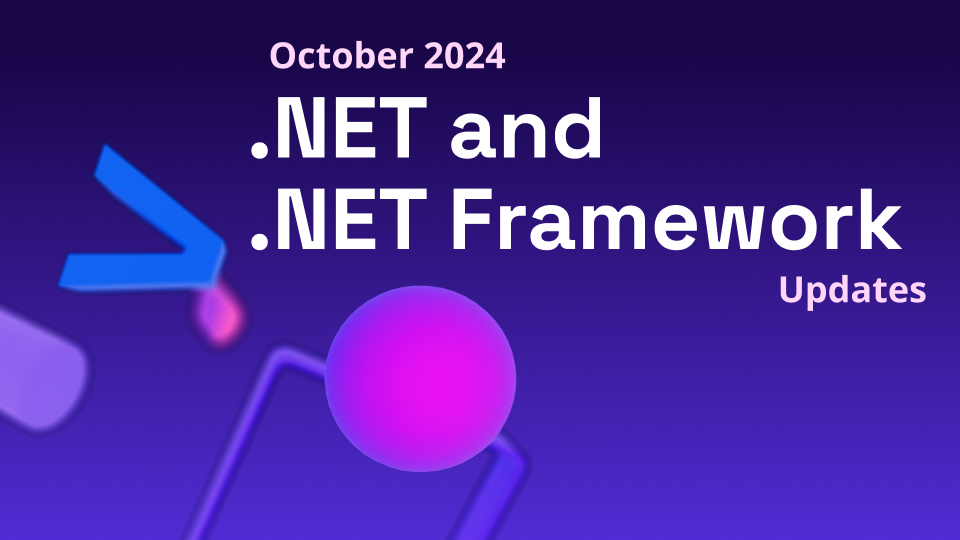
That’s not true. There’s was more info there than your 2 sentences. e.g. syncing to other devices.